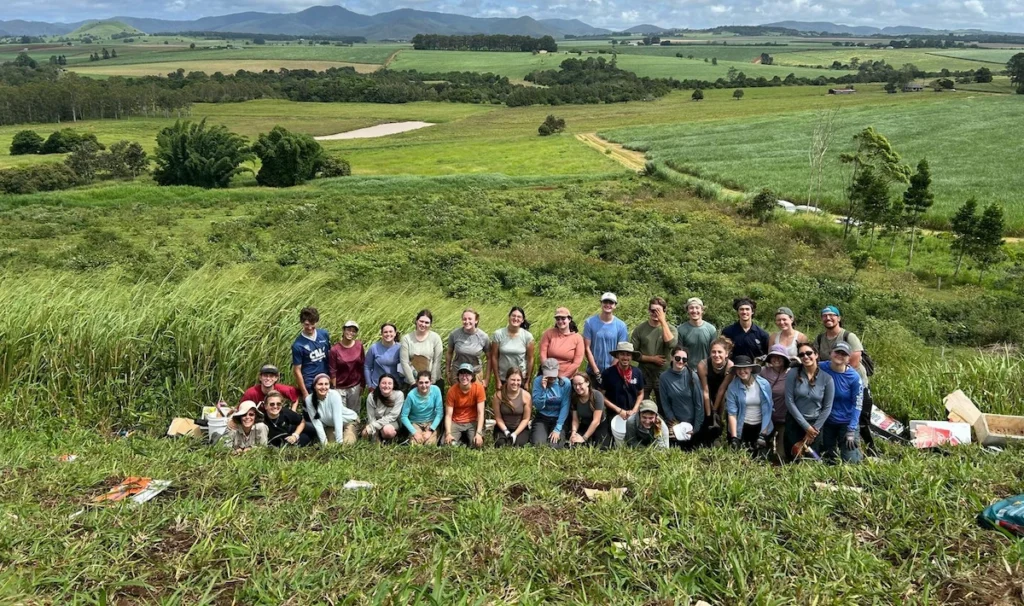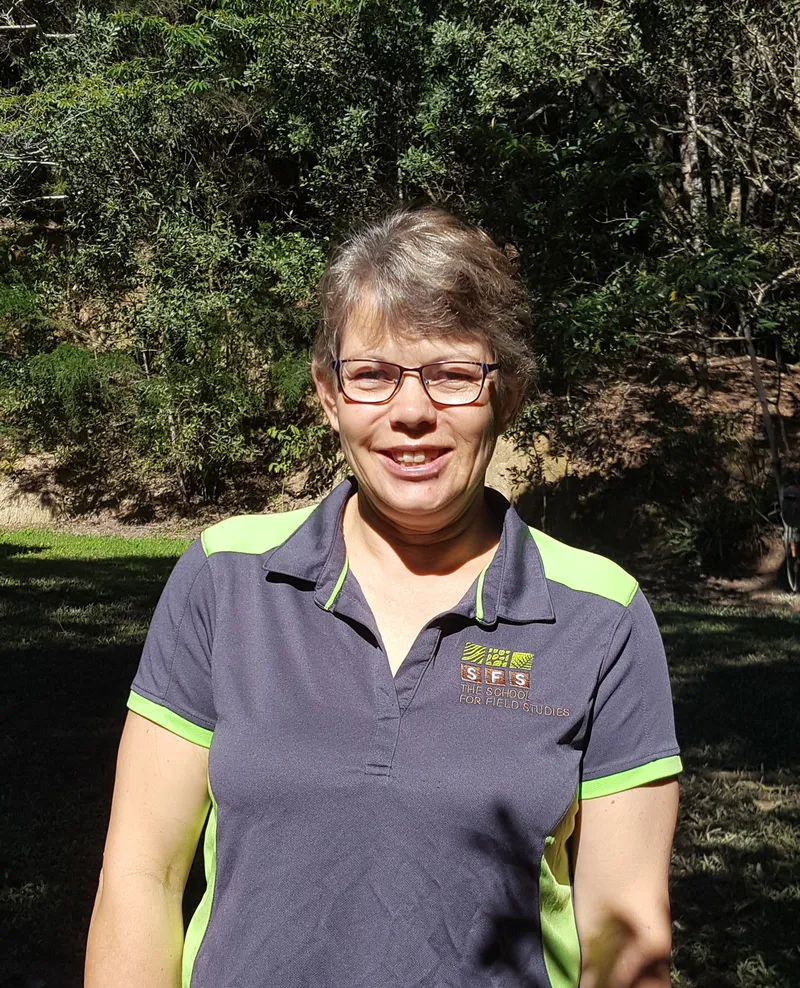Wrapping Up Directed Research
The students at Moyo Hill Camp in Tanzania have just finished up Directed Research (DR), which is the portion of the program where the students go out in the field and collect data. DR is a great opportunity for the students to directly help the professors with their ongoing research. This was the first time for many of the students to conduct fieldwork and they all learned a lot! The DR experience is important because it gives students the opportunity to interact with our local communities and it gives them research experience that will help them with their future careers.
During DR, the students work on a wide variety of topics in the fields of wildlife management, wildlife ecology, and environmental policy. For example, some students had the opportunity to study zebra behavior, some studied baobab trees, and some students conducted interviews on topics such as human-wildlife conflict, rabies, and beekeeping. The students were in the field collecting data for nine days. Now they are busy with data entry, data analysis, and writing their final reports. In few weeks they will present their research findings to the community.
As a Program Assistant at the Center for Wildlife Management Studies, I helped the students collect data and organized the logistics in the field during DR. I ensured the DR experience went smoothly by helping the students feel comfortable and helping them with translation. I spent most of my time in the field with Lyndsey, a student who did her DR on the edible plants that Massai use. We spent some days doing interviews with Maasai to learn about which wild plants they eat and spent some days doing transect walks. On the transect walks we identified the edible plants in the area with assistance of a Maasai guide. The purpose of the transect walks was to identify the distribution of the edible plant species in the Maasai area.


What I learned from this experience is that the Maasai actually use wild plant species very often in their everyday meals. The Maasai eat many parts of plants including bark, leaves, fruit, roots, sap and tubers. They even use some wild plants as thirst quenchers because sometimes Maasai spend many hours or days herding their livestock in areas far away from water sources. The Maasai eat wild plants for several reasons. One reason is because wild plants are healthy. The Maasai don’t like eating modern processed food because they believe it contains chemicals that are bad for their health. Another reason is that modern food is sometimes inaccessible because the Maasai often live very far away from markets where modern food is sold.
It is important to study edible plants because it is not a well-researched topic. There has been a lot of research on the medicinal plants used by Maasai, but very few people have studied the plants they gather for food. Working in the field can be hard work, but it is fun and it gives the students an opportunity to discover new things like learning local culture and language. The students learned a lot of valuable information during DR and the information they collected is very important for solving environmental issues in Northern Tanzania.

Related Posts

Cinder Cone Chronicles: Lessons from Drought, Data, and Determination

Restoration on a Cinder Cone: A Syntropic Story

